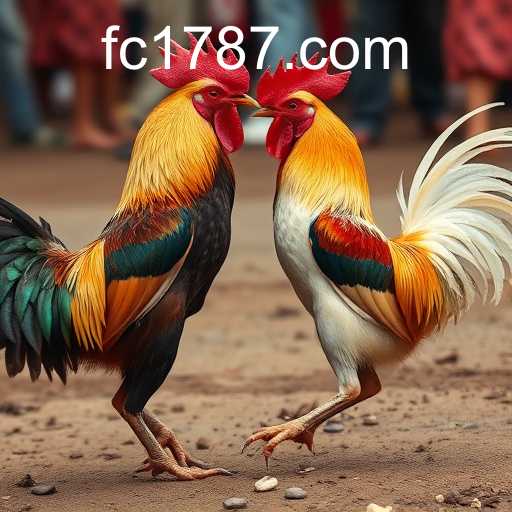Cockfighting: A Historical and Cultural Overview
Cockfighting is an age-old practice that traces its origins back to ancient civilizations. It involves the fight between two roosters, or cocks, which are specially bred and trained for the purpose. Despite being banned and considered illegal in many parts of the world, cockfighting continues to persist in various cultural contexts.90 jili
Historically, cockfighting has been a popular form of entertainment. Archaeological evidence suggests that the sport existed in Asia more than 6,000 years ago. As civilizations advanced, the practice spread to various countries, taking on unique forms and local adaptations.
The Cultural Significance of Cockfighting
Cockfighting is deeply ingrained in the cultural fabrics of countries like the Philippines, Indonesia, and Mexico. In these regions, it is considered more than just a sport; it is a cultural ritual that often coincides with festivals and local celebrations. For many participants and observers, cockfighting is regarded as a test of bravery and skill, embodying qualities that are highly valued within the community.Rich9
In the Philippines, for example, cockfighting, or "sabong," is viewed as a national sport. It is commonly associated with religious festivals and family gatherings, making it an integral part of social life. Similarly, in Bali, Indonesia, cockfighting rituals are intertwined with Hindu religious ceremonies, adding a spiritual dimension to the practice.
Legal and Ethical Concerns
While cockfighting is celebrated in some cultures, it is also the subject of significant legal and ethical scrutiny. Animal rights organizations and legal authorities argue that the sport is inhumane and promotes animal cruelty. In many countries, including the United States and the United Kingdom, cockfighting is illegal, with strict penalties imposed on those who participate in or organize such events.sabongbets
Opponents of cockfighting highlight the brutality and suffering that the animals endure. Roosters often suffer severe injuries and death as a result of the fights, raising questions about the morality of the sport. These concerns have fueled campaigns against cockfighting, seeking both to enforce existing bans and to educate the public about animal welfare issues.
FC178: The Modern Era of Cockfighting
In recent years, the term FC178 has emerged in the cockfighting community. FC178 is not well-documented in official records, but it is believed to be a reference code used within online cockfighting circles. The advent of technology has brought significant changes to how cockfighting is organized and consumed. Through digital platforms, enthusiasts can engage with the sport remotely, sidestepping legal barriers and expanding the reach of this illicit activity.
The internet has facilitated a new form of community among those interested in cockfighting, where FC178 serves as a shorthand identifier. These digital spaces allow for the exchange of information, breeding tips, and organization of clandestine matches, contributing to the persistence and evolution of cockfighting in the modern era.
Efforts to Combat Cockfighting
Despite the challenges presented by digital platforms, law enforcement agencies and animal rights activists continue to fight against cockfighting. Efforts include lobbying for stricter laws, conducting raids on illegal cockfighting events, and launching public awareness campaigns to deter participation.plusph
Some organizations partner with local communities, aiming to present alternatives to cockfighting that respect cultural heritage while promoting animal welfare. Educational initiatives focusing on the negative consequences of the sport seek to shift cultural perceptions and foster new traditions that do not involve animal cruelty.JLBET
The Future of Cockfighting
The future of cockfighting remains uncertain as cultural traditions confront modern ethical standards and legal frameworks. The practice’s survival will likely depend on the ability to reconcile these opposing forces, potentially transforming the sport into a less harmful activity that preserves cultural heritage without compromising animal welfare.
As debates around animal rights and cultural practices continue, it will be essential for stakeholders to engage in dialogue that respects diverse perspectives. Whether the keyword FC178 will play a significant role in shaping this future remains to be seen, but it underscores the complex intersections of tradition, legality, and technological advancement with which cockfighting is associated.








